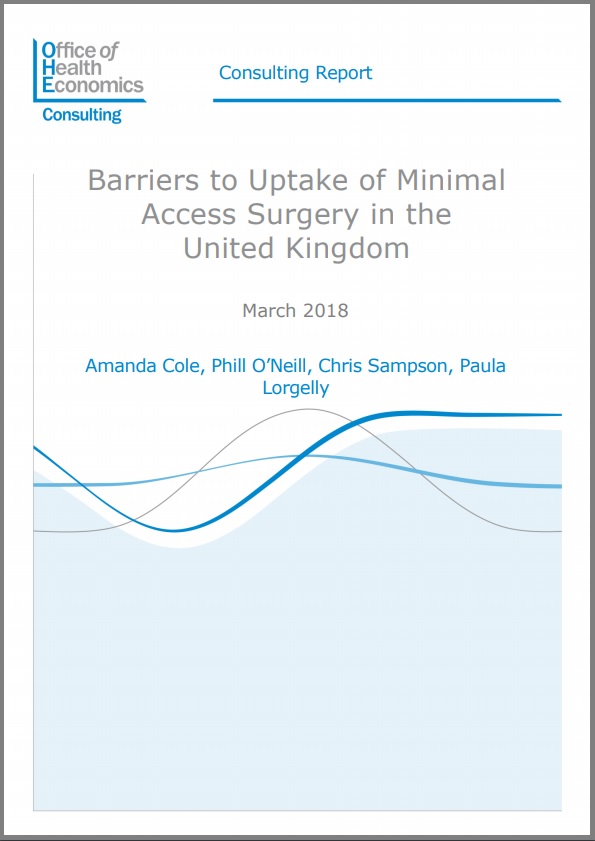Unlocking the Value of Combination Therapies

Surgical practice has and continues to develop at a tremendous pace, reflecting the evolving technological landscape as well as the expanding skillset of the surgical workforce. Minimal access surgery (MAS) can offer improved recovery prospects for patients, but uptake in the UK is variable across both procedures and hospitals.
Surgical practice has and continues to develop at a tremendous pace, reflecting the evolving technological landscape as well as the expanding skillset of the surgical workforce. Minimal access surgery (MAS) can offer improved recovery prospects for patients, but uptake in the UK is variable across both procedures and hospitals.
Through in-depth interviews with key stakeholders (surgeons from both the NHS and private sector, clinical directors and finance directors), supported by an evaluation of the literature, we assess the benefits of minimal access surgery, the extent to which these benefits are realised in practice, and the major barriers to wider adoption.
Whilst considerations need to be procedure-specific, both the literature and interviews supported the role for MAS in delivering clinically- and cost-effective patient care, and improving patient experience. Thematic analysis of the interviews identified five key themes as potentially affecting the uptake of MAS: (1) the evidence base, (2) the role of stakeholders (hospitals, commissioners, surgeons and patients), (3) training requirements, (4) the context of the service delivery model (in particular the financial constraints of the NHS), and (5) the forthcoming robotic era. The barriers are explored in detail, along with potential solutions to address them and to harness the benefits of MAS.
Barriers to Uptake of Minimal Access Surgery in the United Kingdom
Cole, A., O'Neill, P., Sampson, C., and Lorgelly, P.
(2018) Barriers to Uptake of Minimal Access Surgery in the United Kingdom. OHE Contract Research. Available from https://www.ohe.org/publications/barriers-uptake-minimal-access-surgery-united-kingdom/